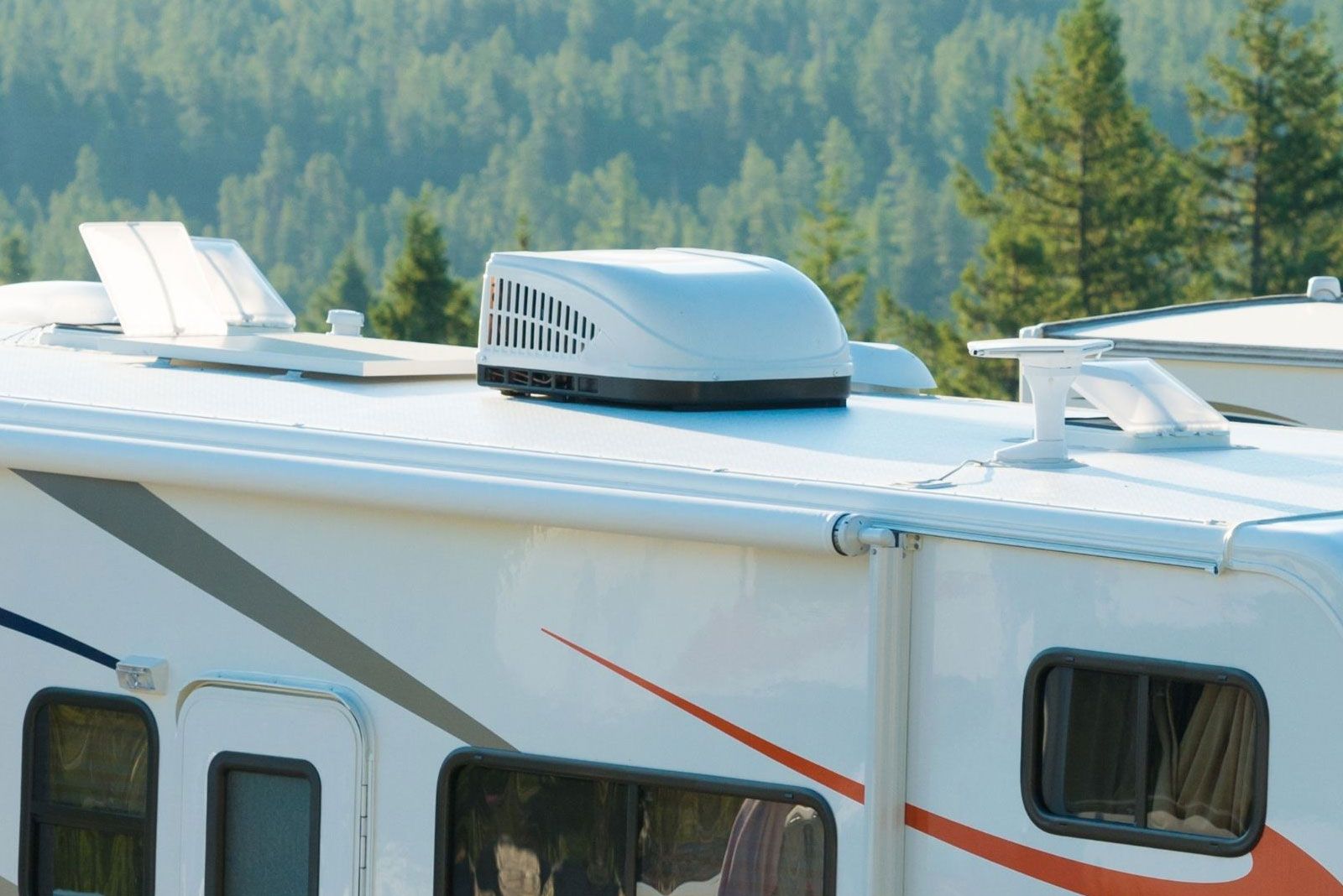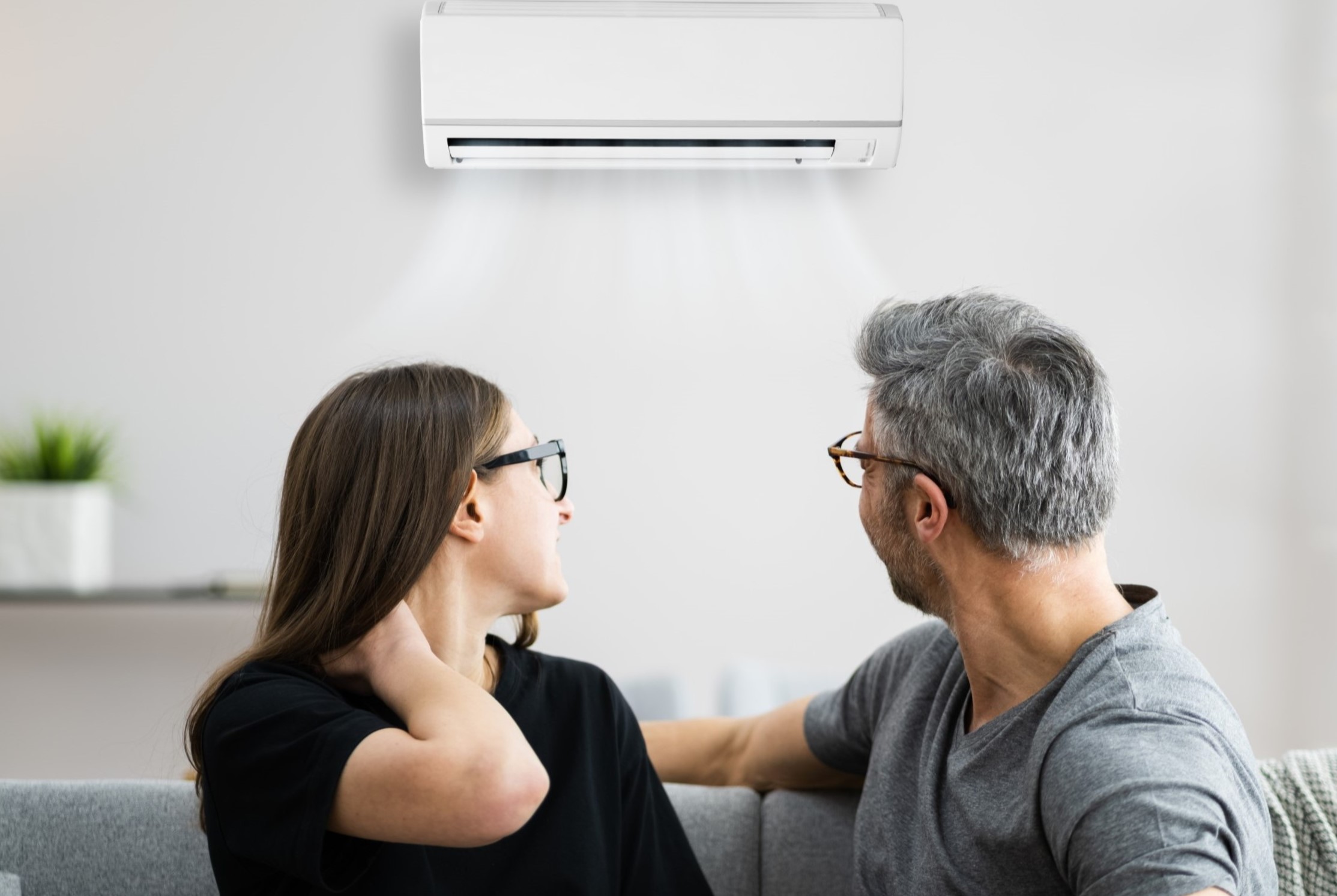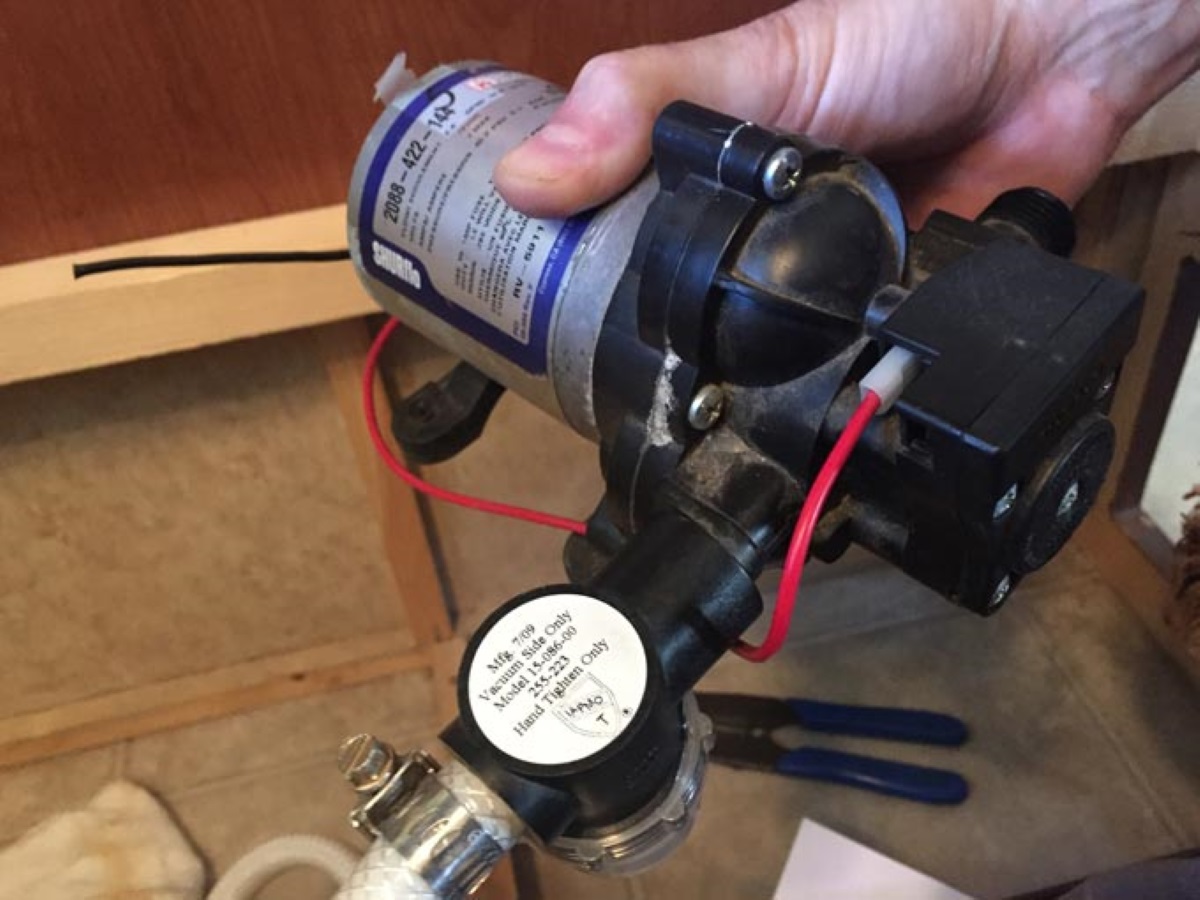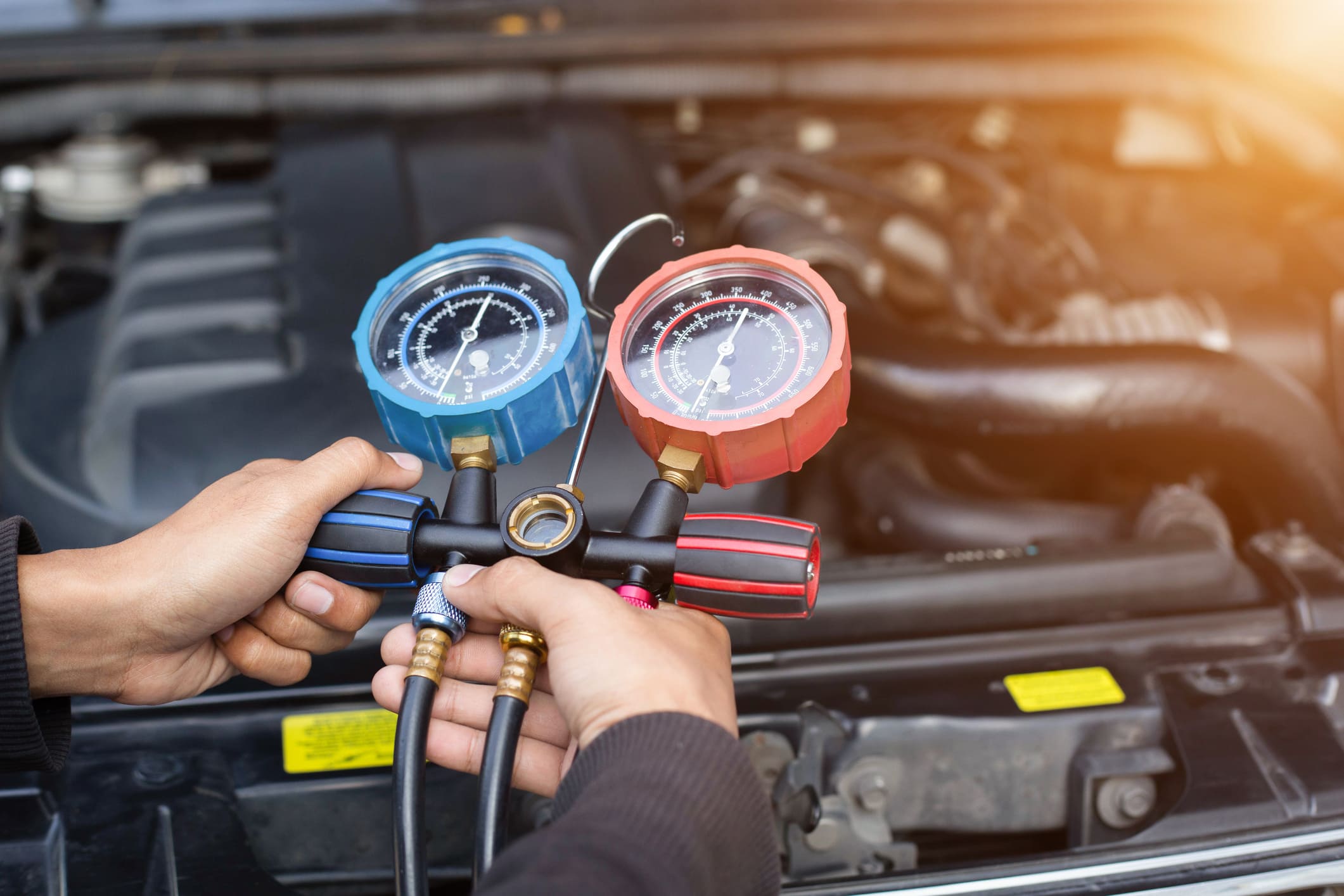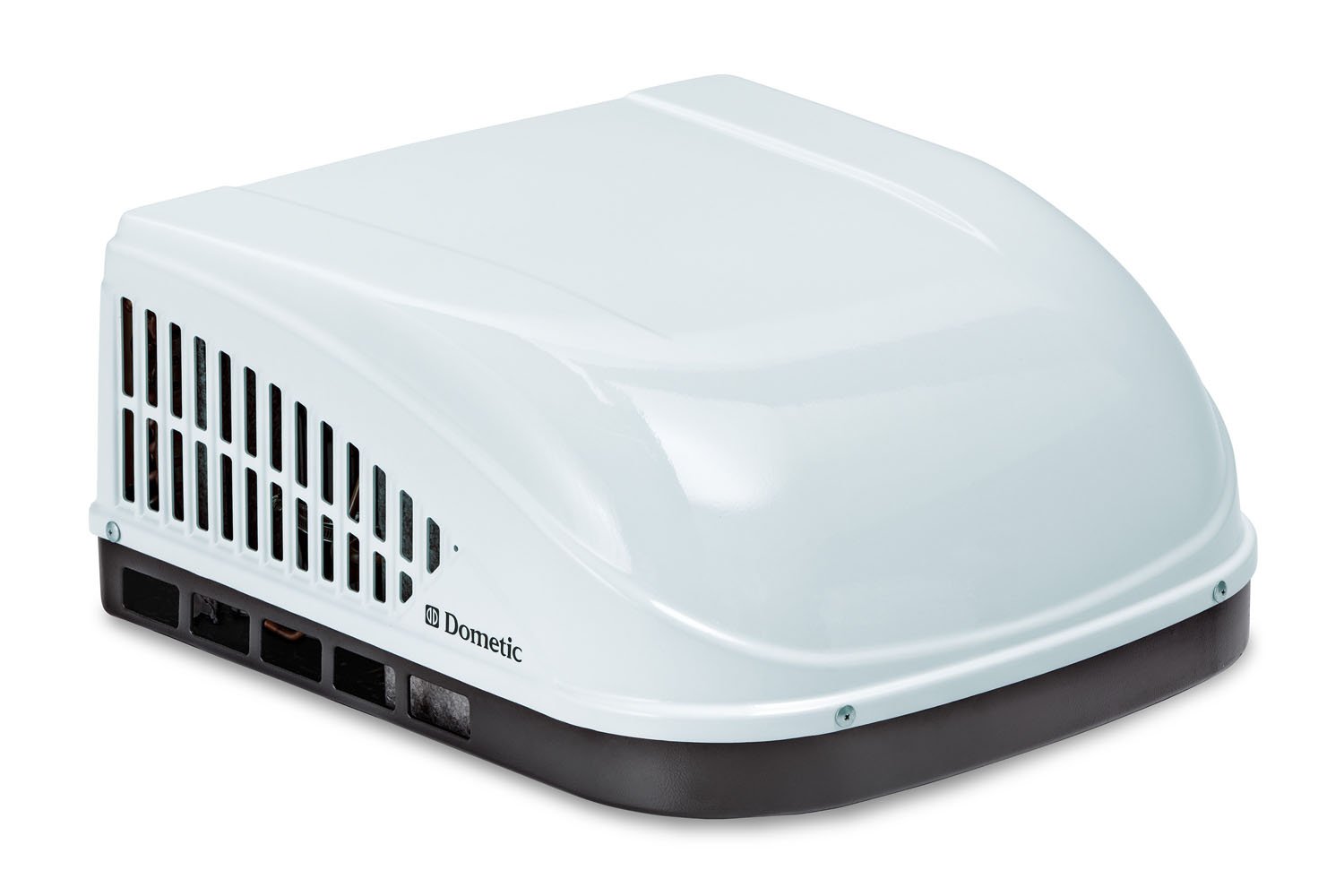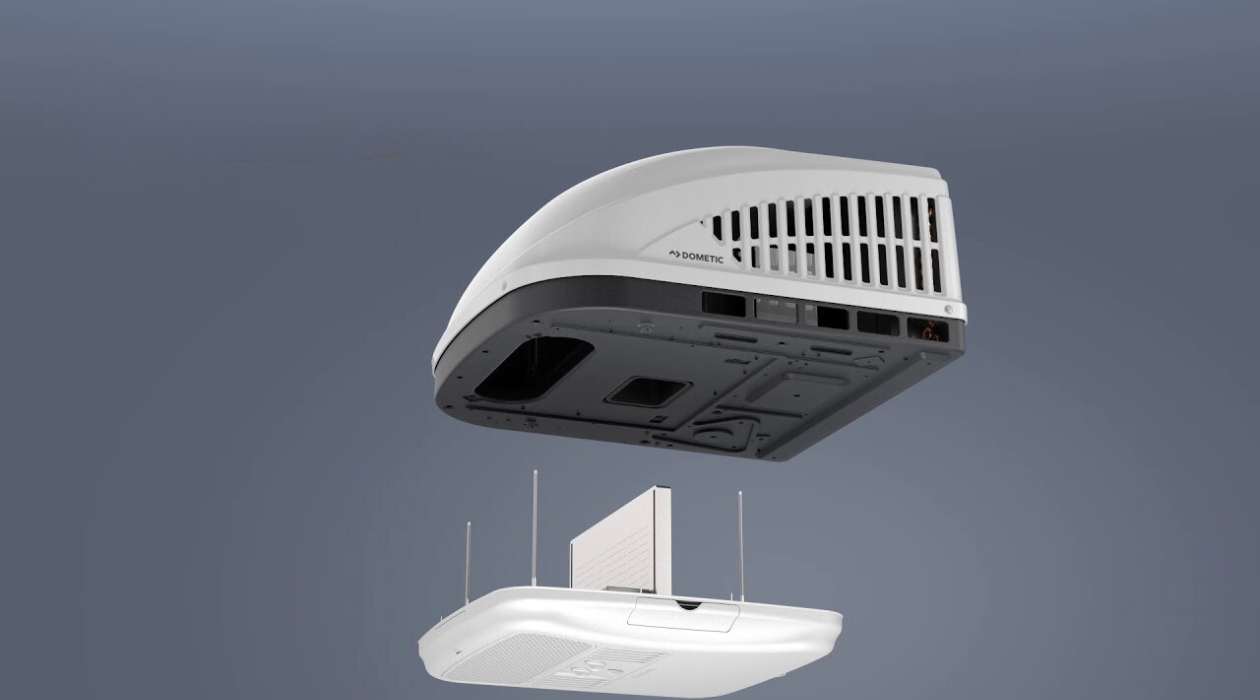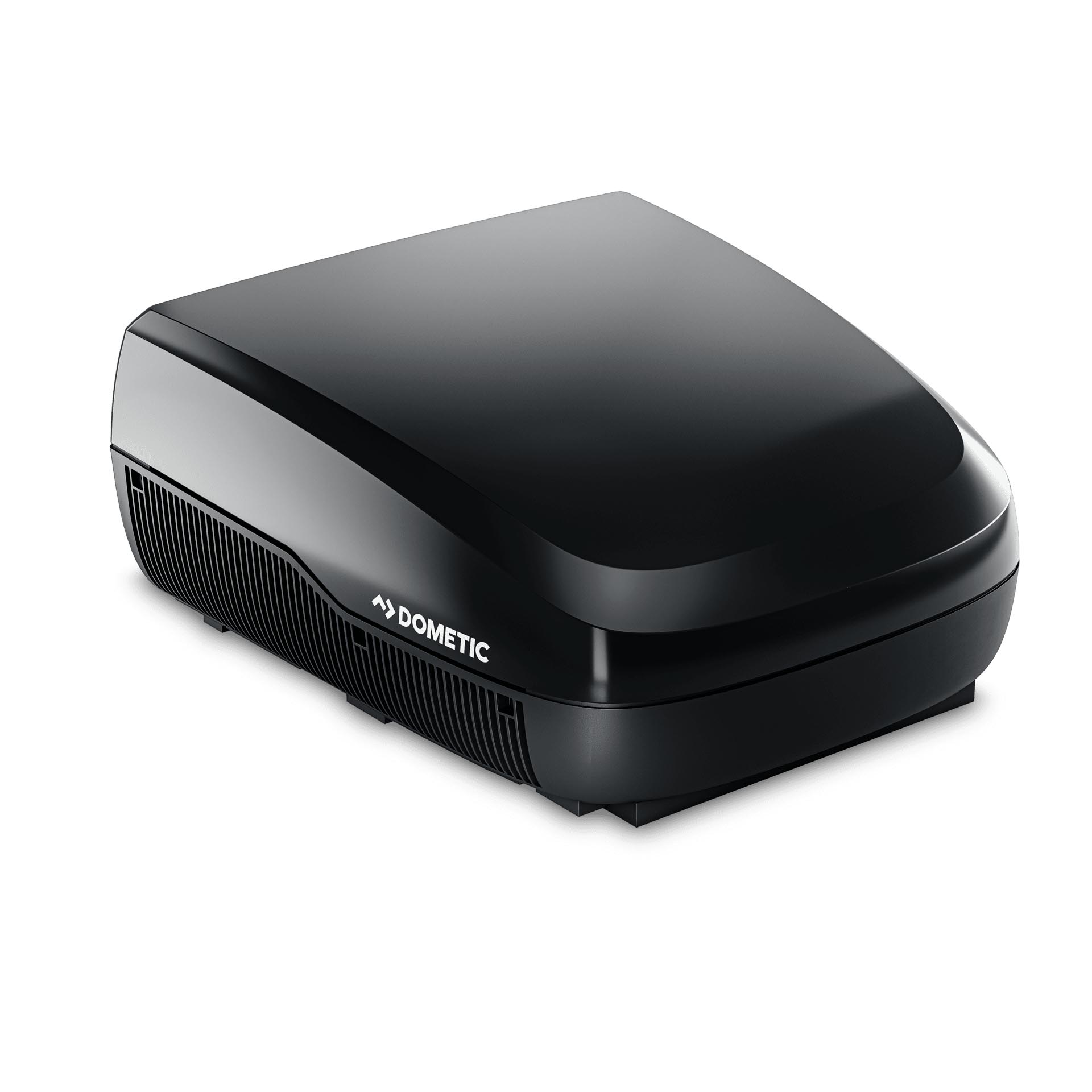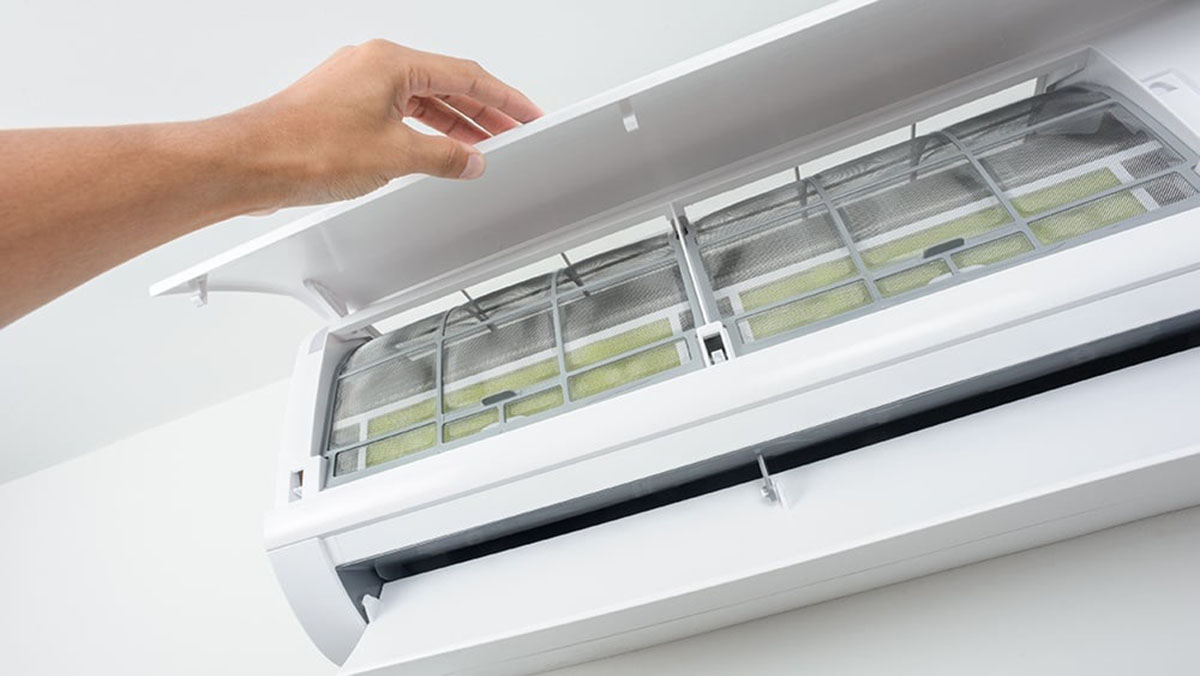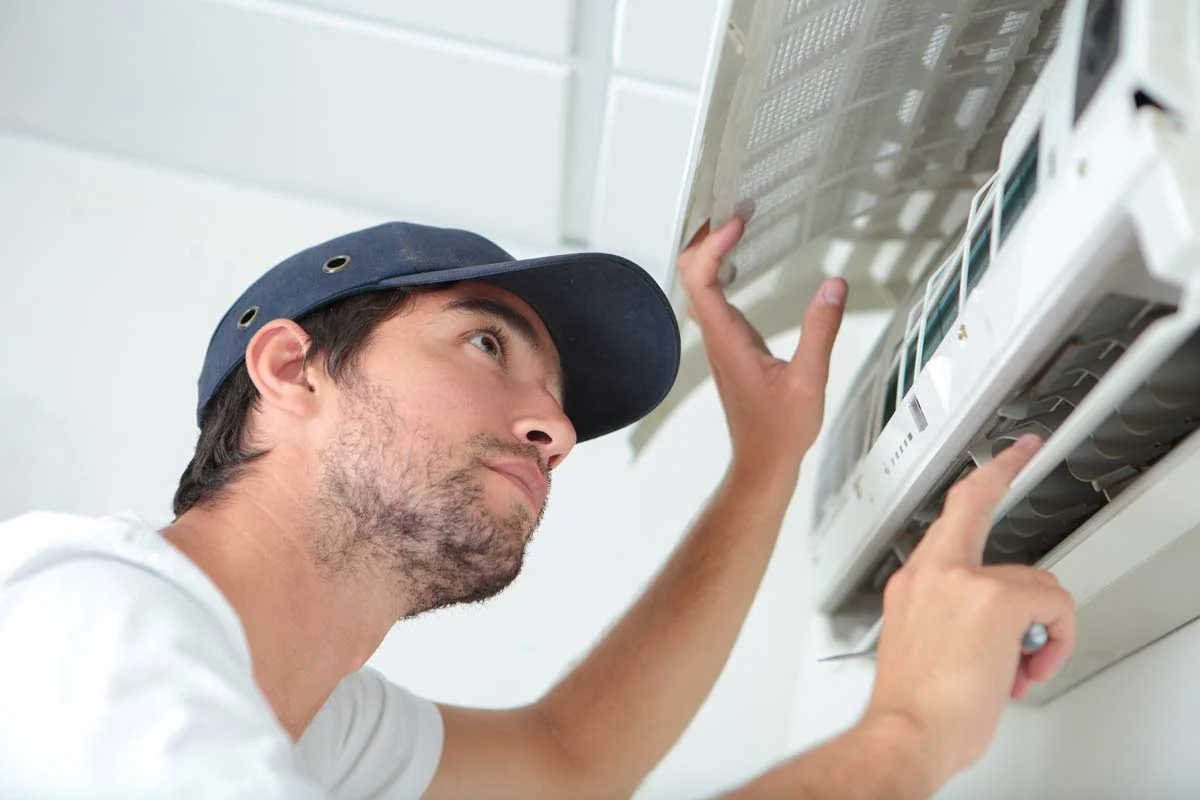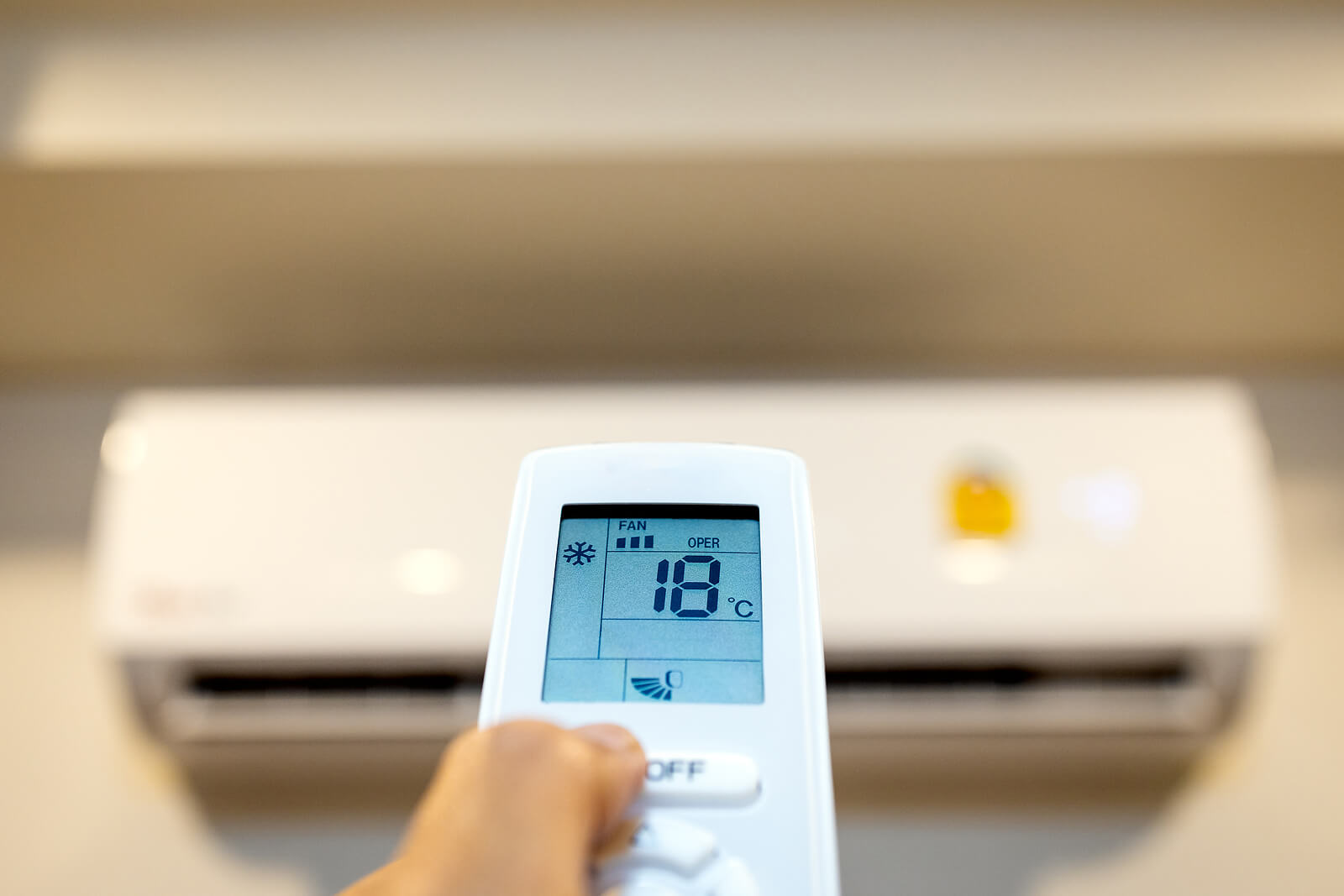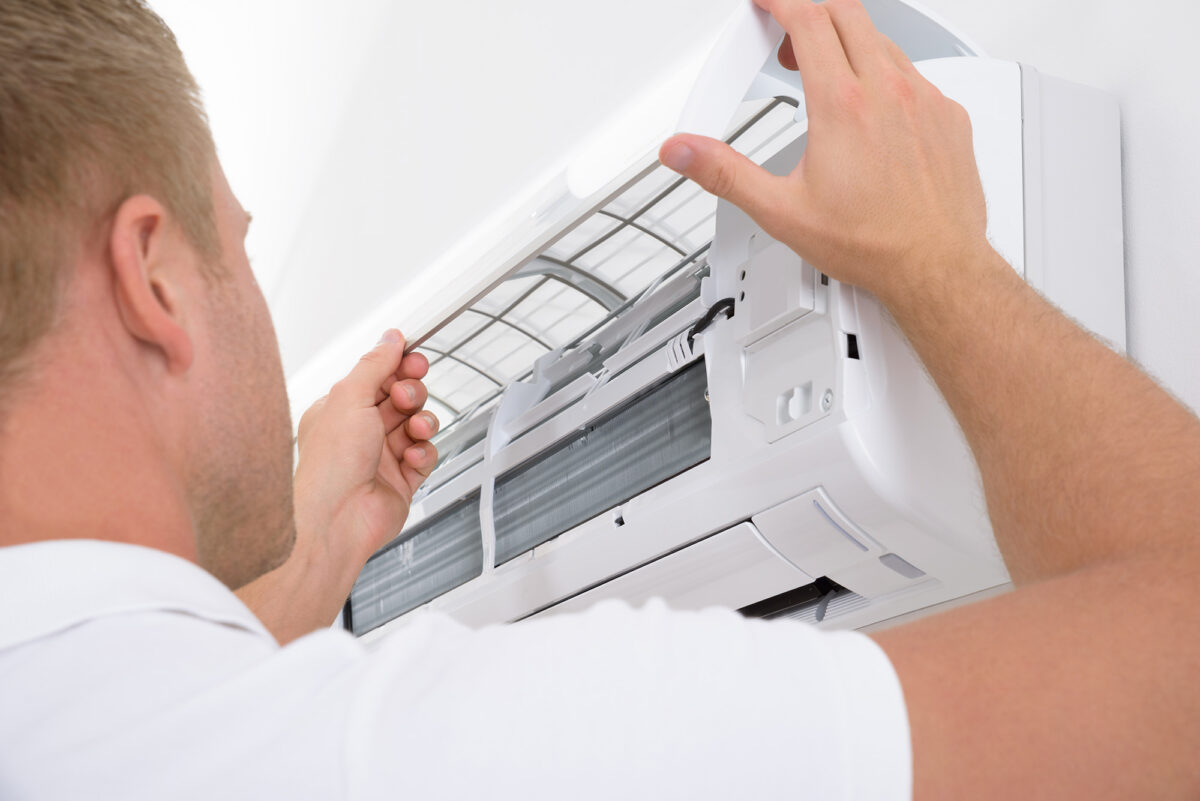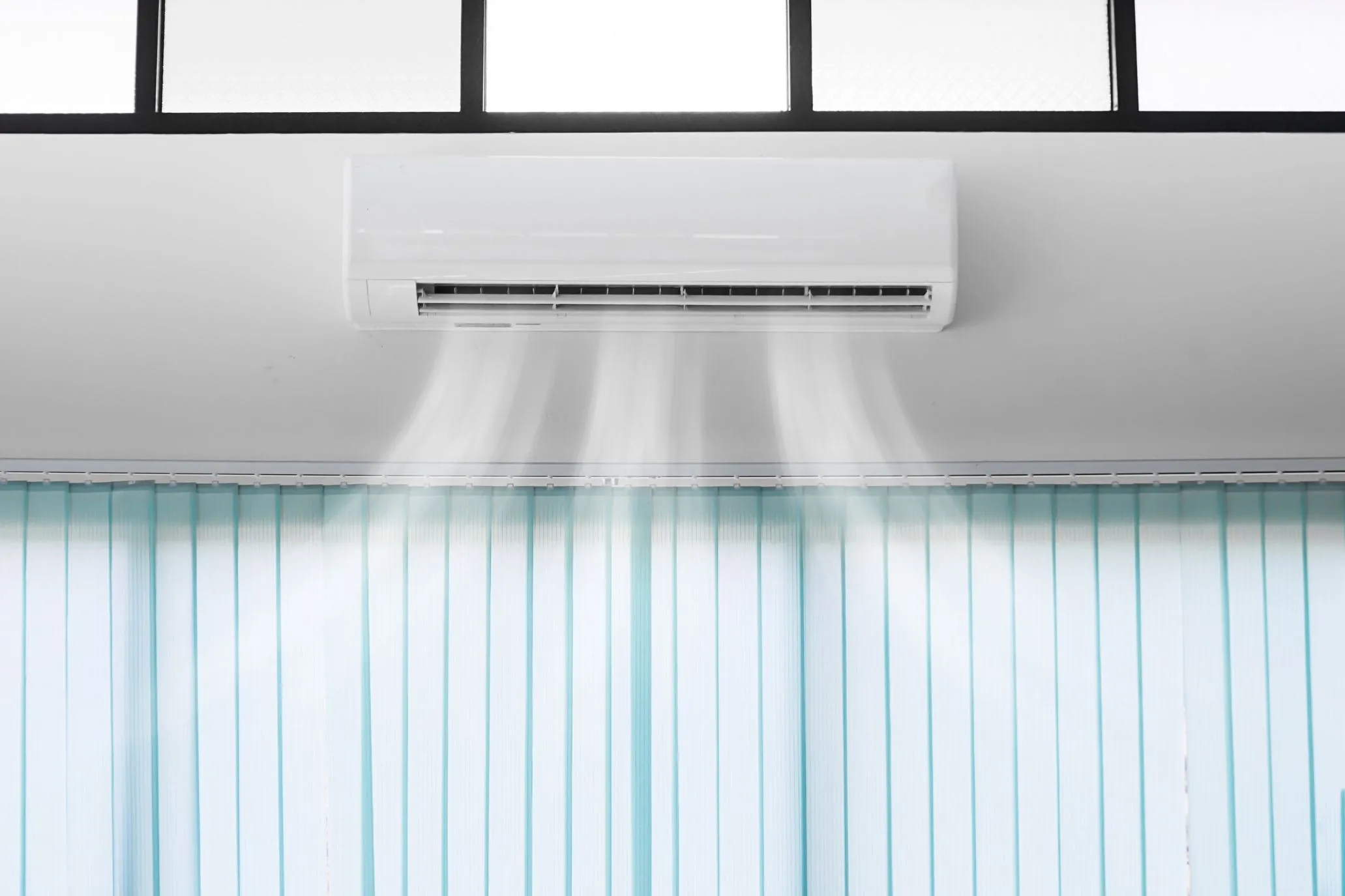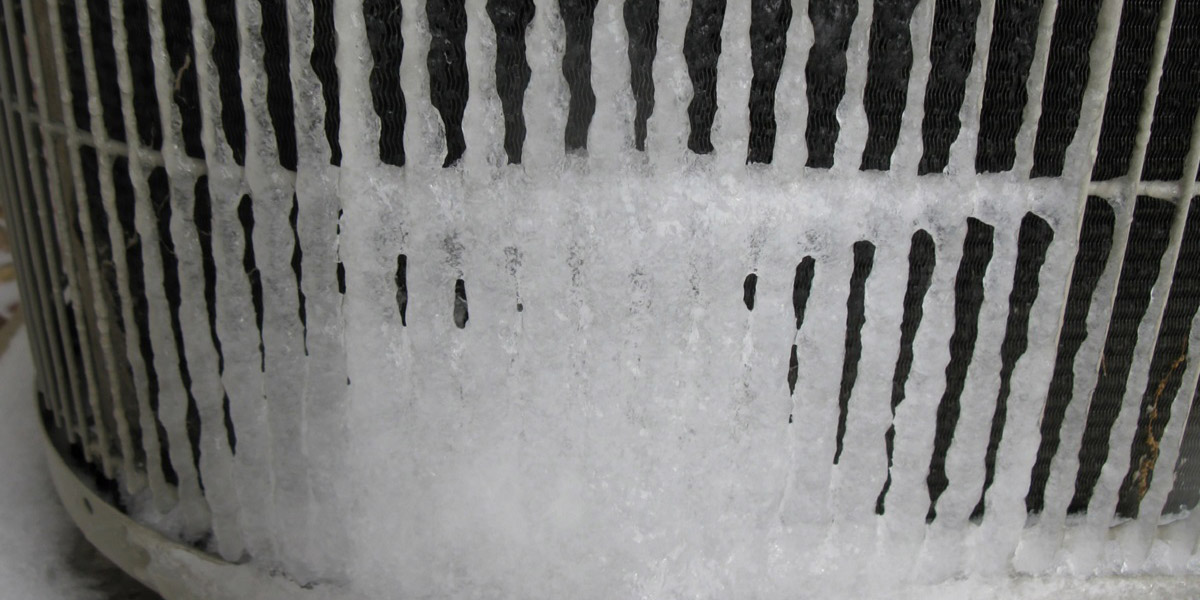Home>Home Maintenance>Why Is My RV Air Conditioner Not Working
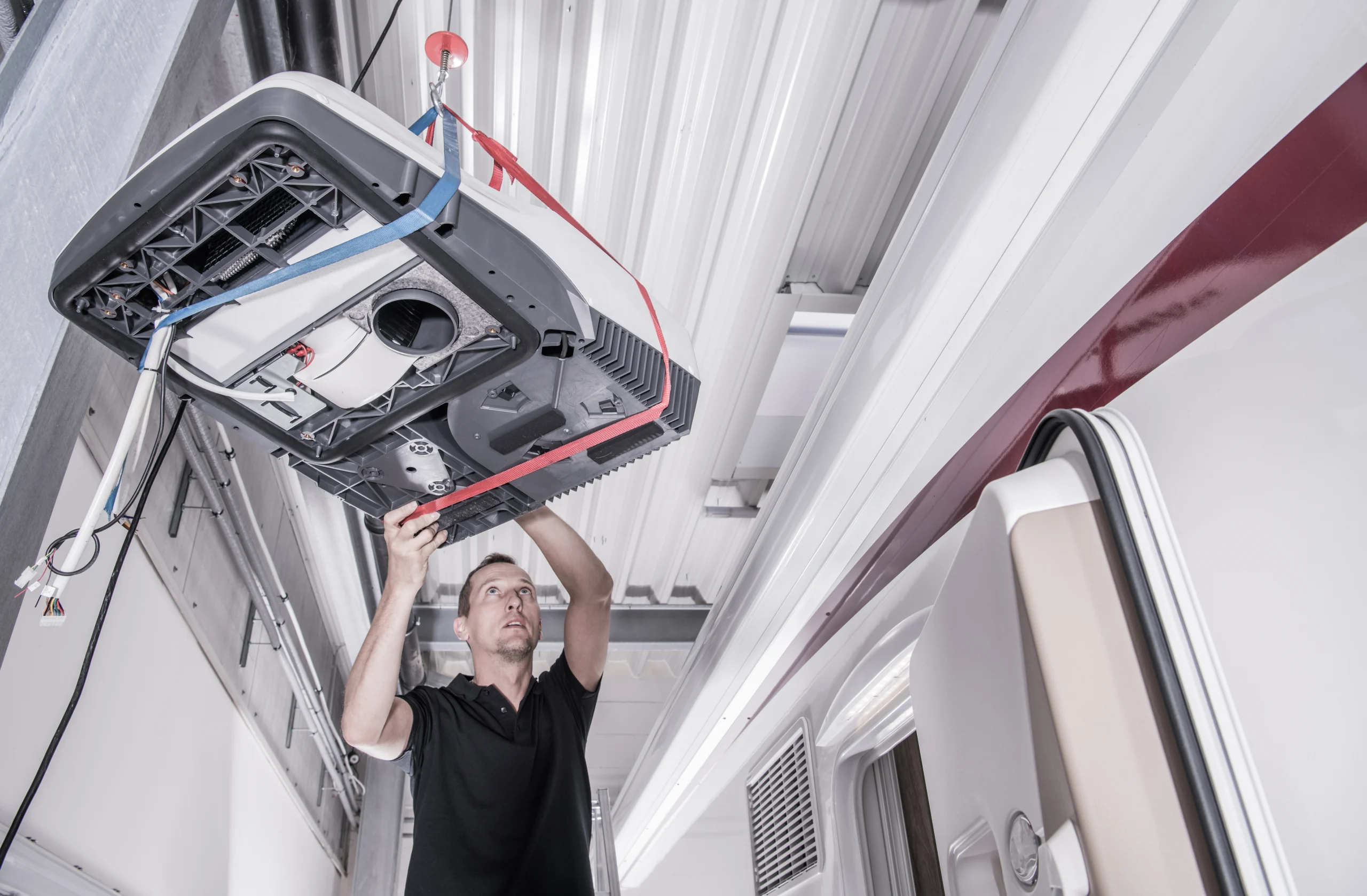

Home Maintenance
Why Is My RV Air Conditioner Not Working
Modified: March 7, 2024
Experiencing issues with your RV air conditioner? Learn why it's not working and get expert home maintenance tips to fix the problem.
(Many of the links in this article redirect to a specific reviewed product. Your purchase of these products through affiliate links helps to generate commission for Storables.com, at no extra cost. Learn more)
Introduction
Welcome to the world of RV living, where the freedom to explore and the comforts of home merge seamlessly. One essential component that ensures a cozy and comfortable living environment in your RV is the air conditioner. It keeps the interior cool during hot summer days, making your travels more enjoyable.
However, just like any other appliance, RV air conditioners can sometimes encounter issues that leave you sweating in the sweltering heat. If you find yourself asking the question, “Why is my RV air conditioner not working?” fear not, as we’re here to help you troubleshoot and resolve these problems.
In this article, we’ll explore the common causes of RV air conditioner malfunctions and provide troubleshooting steps to fix them. We’ll also share maintenance tips to help prevent future issues. Additionally, we’ll discuss the importance of seeking professional assistance for more complex repairs when needed.
So, if you’re ready to dive into the world of RV air conditioner troubleshooting and maintenance, let’s get started!
Key Takeaways:
- Keep your RV air conditioner running smoothly by checking power supply, thermostat settings, and capacitors. Regular maintenance like cleaning filters and inspecting refrigerant levels can prevent future issues.
- When in doubt, seek professional help for RV air conditioner repairs. Research reputable technicians, consider cost factors, and utilize warranty coverage to ensure a properly functioning system for your RV adventures.
Read more: Why Is My Air Conditioner Fan Not Working
Common Causes of RV Air Conditioner Malfunctions
The frustration of arriving at your RV destination, ready to relax in a comfortably cool space, only to find that your air conditioner is not working, is all too familiar. Understanding the common causes of RV air conditioner malfunctions can help you diagnose and resolve the issue quickly. Here are the most common culprits:
- Lack of power supply: One of the first things to check when your RV air conditioner is not working is the power supply. Ensure that the main power source is connected and providing the necessary electricity to the system.
- Thermostat issues: Your RV’s thermostat plays a crucial role in controlling the air conditioner. If the thermostat is not functioning correctly, it may not trigger the air conditioner to turn on or set the desired temperature properly.
- Capacitor problems: The capacitor is responsible for starting the motor in the air conditioner. If it becomes faulty or fails, the air conditioner may struggle to start or may not start at all.
- Compressor malfunction: The compressor is the heart of the air conditioning system. If it malfunctions, it can cause the air conditioner to blow warm air or fail to cool the interior of your RV.
- Refrigerant leak: A refrigerant leak can result in a lack of cooling in your air conditioning system. This can occur due to a damaged coil or connections, and it requires immediate attention and repair.
Identifying the specific cause of your RV air conditioner malfunction can save you time and frustration. In the following sections, we will provide troubleshooting steps to help you resolve these issues and get your air conditioner back up and running.
Troubleshooting Steps to Fix RV Air Conditioner Issues
When your RV air conditioner is not working properly, it’s essential to follow a systematic approach to troubleshoot and fix the problem. Here are some troubleshooting steps you can take:
- Checking the power source and connections: Start by ensuring that your RV is receiving power from the main source. Check the circuit breakers and fuses, both in the RV and at the power pedestal. Additionally, inspect the electrical connections for any loose or damaged wires. Tighten any loose connections or replace any damaged wires.
- Verifying thermostat settings: Double-check the thermostat settings to ensure they are properly configured. Make sure the temperature is set below the current ambient temperature and that the fan is set to the desired speed. If the thermostat is programmable, ensure the correct settings are selected.
- Inspecting and replacing capacitors: Capacitors are prone to wear and tear over time. Inspect the capacitors for any visible signs of damage, such as bulging or leaking. If you notice any issues, they may need to be replaced. Consult the RV manufacturer’s manual or seek professional assistance for guidance on capacitor replacement.
- Testing the compressor: A malfunctioning compressor can cause cooling problems. If the compressor is not running or making unusual noises, it may need to be repaired or replaced. However, testing and diagnosing compressor issues can be complex and may require the expertise of a professional RV air conditioner technician.
- Identifying and repairing refrigerant leaks: Refrigerant leaks can lead to inadequate cooling or a complete loss of cooling. Use a leak detection kit or consult a professional to identify the location of the leak. Once identified, repair the leak and recharge the refrigerant to the appropriate levels.
It’s crucial to approach troubleshooting with caution and follow safety procedures. If you are unsure or uncomfortable with any step, consult a professional to avoid further damage or injury. Proper diagnosis and repair will ensure that your RV air conditioner operates efficiently and provides you with a comfortable living environment.
Check the power source and make sure it’s connected properly. Clean or replace the air filters to ensure proper airflow. If the issue persists, consult a professional for further inspection.
Maintenance Tips to Prevent RV Air Conditioner Problems
Proper maintenance of your RV air conditioner is key to ensuring its longevity and efficient performance. By following these maintenance tips, you can prevent common issues and keep your air conditioner running smoothly:
- Regularly cleaning the air filters: Air filters play a crucial role in maintaining clean air and proper airflow. Regularly clean or replace the filters, as recommended by the manufacturer, to prevent dust, dirt, and debris from clogging them. This will help maintain optimal airflow and prevent strain on the air conditioning system, improving its efficiency.
- Ensuring proper ventilation: Adequate ventilation is essential for optimal air conditioner performance. Check that all vents, ducts, and registers are open and unobstructed. Ensure that there is sufficient space around the air conditioner unit for proper air circulation. Clear any debris from the external vents and ensure they are not blocked by items like awnings or furniture.
- Checking and maintaining sufficient refrigerant levels: Insufficient refrigerant can lead to reduced cooling capacity or even damage to the air conditioning system. Periodically check the refrigerant levels and top them up if necessary. However, handling refrigerant requires expertise, so it’s advisable to seek professional assistance for this task.
- Cleaning and inspecting the condenser coil: The condenser coil is responsible for releasing heat from the air conditioner. Over time, it can accumulate dirt and debris, hindering its efficiency. Clean the condenser coil regularly using a gentle brush or compressed air. Inspect it for any signs of damage and repair or replace it as needed.
- Lubricating the fan motor: The fan motor in your RV air conditioner should be lubricated periodically to ensure smooth operation. Consult the manufacturer’s manual for guidance on lubrication and use the appropriate lubricant. Proper lubrication reduces friction, lessens wear and tear, and extends the lifespan of the fan motor.
By incorporating these maintenance practices into your routine, you can significantly reduce the likelihood of encountering RV air conditioner problems. A well-maintained air conditioner not only keeps you cool during your travels but also saves you money on repairs and maximizes its lifespan.
Professional Assistance for RV Air Conditioner Repairs
While some RV air conditioner issues can be resolved through troubleshooting and basic maintenance, there are instances when professional assistance is necessary. Here are some important considerations for seeking professional help with RV air conditioner repairs:
Importance of seeking professional help: RV air conditioners are complex systems that require specialized knowledge and expertise to diagnose and repair. Attempting to fix complicated issues without the necessary skills could lead to further damage or void your warranty. Hiring a professional ensures that the problem is properly addressed, minimizing the risk of costly mistakes.
Selecting a reputable RV air conditioner technician: When choosing a professional for your RV air conditioner repairs, it’s important to research and select a reputable technician or service provider. Look for certifications, experience, and customer reviews. Ask for recommendations from fellow RV owners or consult your RV manufacturer for recommended service centers. Choosing a qualified professional will give you peace of mind knowing that your air conditioner is in capable hands.
Cost factors to consider for repairs: It’s essential to consider the cost factors associated with RV air conditioner repairs. The overall cost will depend on the nature of the problem, the cost of replacement parts, and the labor involved. Before proceeding with any repairs, obtain a detailed estimate from the technician or service provider. Additionally, check if your RV warranty covers air conditioner repairs, as this could significantly reduce your out-of-pocket expenses.
While seeking professional help for RV air conditioner repairs may come at a cost, it’s an investment in the longevity and reliability of your system. By entrusting the job to a skilled technician, you can have confidence in the quality of the repair and enjoy the benefits of a properly functioning air conditioner during your RV adventures.
Read more: Why Is My RV Air Conditioner Freezing Up
Conclusion
Your RV air conditioner plays a crucial role in creating a comfortable living environment while you embark on your adventures. Understanding the common causes of air conditioner malfunctions, troubleshooting steps to fix issues, and implementing proper maintenance practices can help you keep your air conditioner running smoothly.
By regularly checking the power supply, verifying thermostat settings, inspecting and replacing capacitors, testing the compressor, and identifying and repairing refrigerant leaks, you can address many common problems that may arise. Additionally, following maintenance tips such as cleaning the air filters, ensuring proper ventilation, checking refrigerant levels, cleaning the condenser coil, and lubricating the fan motor can help prevent future issues.
However, for complex problems or if you lack the necessary expertise, it’s important to seek professional assistance. Hiring a reputable RV air conditioner technician ensures that your system receives proper care and increases the likelihood of a successful repair. Consider cost factors and utilize warranty coverage to minimize out-of-pocket expenses.
Remember, a well-maintained and efficiently functioning air conditioner is essential for your comfort while on the road. Taking care of it will undoubtedly enhance your overall RV experience and allow you to fully enjoy your travels.
So, the next time you feel hot and bothered by your malfunctioning RV air conditioner, take a deep breath, follow the troubleshooting steps, and implement the maintenance tips outlined in this article. And don’t hesitate to seek professional help when needed. With the right approach, you’ll be back to enjoying cool and comfortable adventures in no time!
Frequently Asked Questions about Why Is My RV Air Conditioner Not Working
Was this page helpful?
At Storables.com, we guarantee accurate and reliable information. Our content, validated by Expert Board Contributors, is crafted following stringent Editorial Policies. We're committed to providing you with well-researched, expert-backed insights for all your informational needs.
